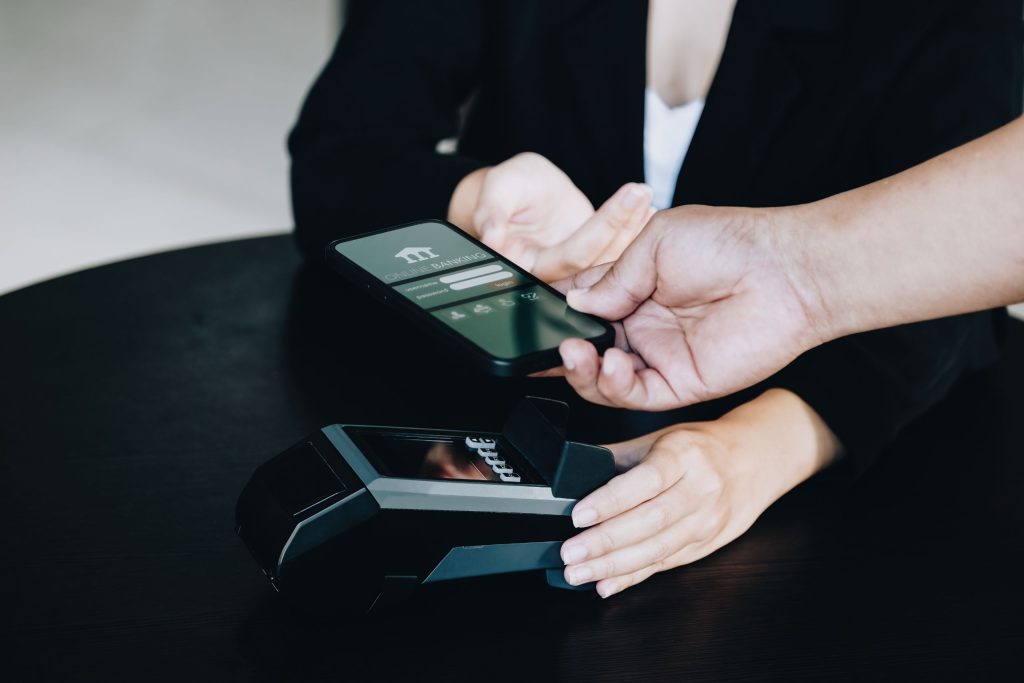Blockchain technology is emerging as a dramatic innovation destined to transform the e-commerce environment. By permitting secure, open, and distributed transactions, blockchain helps businesses increase trust and efficiency in digital commerce. Its capacity to streamline processes, reduce fraud, and lower costs appeals to online retailers seeking a competitive edge.
In the fast changing internet business environment, staying ahead with developing technology is very vital. Businesses have to be creative in meeting needs for security, traceability, and speed as customer expectations change and digital competition becomes more fierce. Using blockchain technology may have major benefits as they enable e-commerce platforms to effectively control supply chains and transactions, therefore fostering consumer loyalty. Blockchain integration could determine the future viability of e-commerce businesses considering the development of digital payments and the frequency of cybersecurity problems. Not only is using this technology good; every company attempting to expand in the digital era needs to do so.
Improving Transaction Security and Transparency
With a distributed, safe ledger provided by blockchain technology, transaction fraud risk is much lowered. Every transaction is recorded in a block that is connected to the one before it forms a chain. This architecture guarantees that modifications to any block need agreement among all the involved nodes, therefore illegal changes very impossible.
Blockchain transactions’ openness also helps consumers and companies to develop trust. Every participant may see the whole transaction record, therefore improving responsibility and lowering the possibility of conflicts. This transparency helps people to believe in the genuineness of exchanges.
Blockchain is already being used by several businesses for safe online buying. For its food supply chain, for example, Walmart tracks products authenticity and safety using blockchain. Overstock.com uses blockchain to handle payments as well, therefore improving security and lowering fraud risk. De Beers is another example; it uses blockchain to track diamond origin, therefore guaranteeing consumers of conflict-free sources.
The distributed character of blockchain and open transaction records greatly improve security and confidence in e-commerce, thereby opening the path for a more dependable digital market.

Streamlining Payment Processes with Cryptocurrencies
Using bitcoins will help to greatly reduce transaction costs and ease cross-border payments. Many times including many middlemen, traditional international transactions cause delays and extra expenses. Bypassing these middlemen, cryptocurrencies enable direct peer-to-peer payments, therefore simplifying the whole process.
Customers are increasingly seeking for more payment choices, including digital currencies. More companies are using bitcoins to satisfy consumer tastes as more of them understand this trend. This change improves the buying experience and helps companies to stay competitive in a fast changing industry.
Furthermore, using bitcoins allows one to handle transactions much quicker than using more conventional means. Payments may be verified in minutes without the regular banking delays, therefore enabling faster access to money on both sides. For companies, this effectiveness may increase cash flow and raise client happiness. Companies that embrace cryptocurrency may provide a contemporary payment method that meets customer expectations and operational effectiveness, therefore changing the scene of payments.
Improving Supply Chain Management and Product Authenticity
Blockchain technology allows traceability of goods from their source to delivery, therefore providing a strong answer for supply chain management. Every transaction is recorded on a distributed ledger that guarantees responsibility and openness all across the supply chain. By use of real-time monitoring, stakeholders may follow the movement and condition of items, therefore reducing delays and inefficiencies.
Using blockchain has a major benefit in terms of much decreased counterfeiting. Because every product has a distinct digital ID, stakeholders may quickly verify its validity wherever in the supply chain. This openness helps customers to check the quality and source of goods, therefore strengthening brand loyalty and confidence.
Consumers may scan product codes or labels to validate things by visiting blockchain-powered portals, therefore guaranteeing they are acquiring real goods. higher brand reputation and customer trust resulting from this enhanced verification procedure help to drive higher sales and consumer happiness in the market.
Decentralizing Marketplaces for Greater Freedom and Control
Decentralized markets let buyers and sellers engage straight-forwardly, therefore avoiding conventional middlemen. By greatly cutting middlemen’s expenses, this strategy lets both sides participate more profitably. Often excluded on traditional systems, smaller vendors discover empowerment in distributed systems where they may determine their own terms, therefore guaranteeing fair trading conditions.
Recently created distributed e-commerce platforms leverage blockchain technology to provide secure transactions, user privacy, and openness. Among these are Origin Protocol, which use smart contracts to help construct distributed marketplaces, and OpenBazaar, which allows people trade directly without centralized supervision. These systems provide a community-driven environment wherein users keep data and income under control and improve transaction efficiency.
By means of distributed markets, consumers have more flexibility and power, thus promoting an inventive scene that questions established e-commerce trends and supports diversity of providers.
Enhancing Customer Loyalty Programs with Blockchain
Blockchain technology’s openness and flexibility help to greatly improve loyalty programs. Companies may design distributed loyalty schemes using blockchain wherein consumers accumulate securely recorded and readily verified points. This openness guarantees clients’ clear knowledge of how their points build up and helps them to trust the system.
Blockchain also lets consumers exchange or move their loyalty points across other firms. This interoperability helps companies to form alliances and let consumers use their points in different ways, thereby improving their whole worth.
Blockchain-based rewards systems provide real-time point access and redemption choices, therefore enhancing the user experience. Often via mobile applications allowing seamless transactions, users may interact more dynamically with their reward programs. This so not only raises customer happiness but also engagement as consumers feel able to control their loyalty rewards.
Blockchain technology may convert loyalty programs into more strong, adaptable, interactive platforms, therefore improving consumer loyalty.

Conclusion
Blockchain technology makes changing power in e-commerce truly amazing since it offers hitherto unheard-of degrees of transparency, security, and transaction efficiency. Online businesses are strongly suggested to research blockchain technologies including smart contracts and distributed markets in order to develop trust with consumers and simplify operations, thus preserving their competitiveness in a market getting more and digital. As more companies adopt these concepts—which define a shift toward more consistent, moderately priced, consumer-centric operations—the future of e-commerce appears bright. The ability of blockchain to lower fraud and improve supply chain visibility helps to clarify why it will change online purchasing and selling of products. Integration of blockchain technologies into e-commerce not only addresses current issues but also generates new opportunities for innovation and development, therefore improving the online retail landscape.

